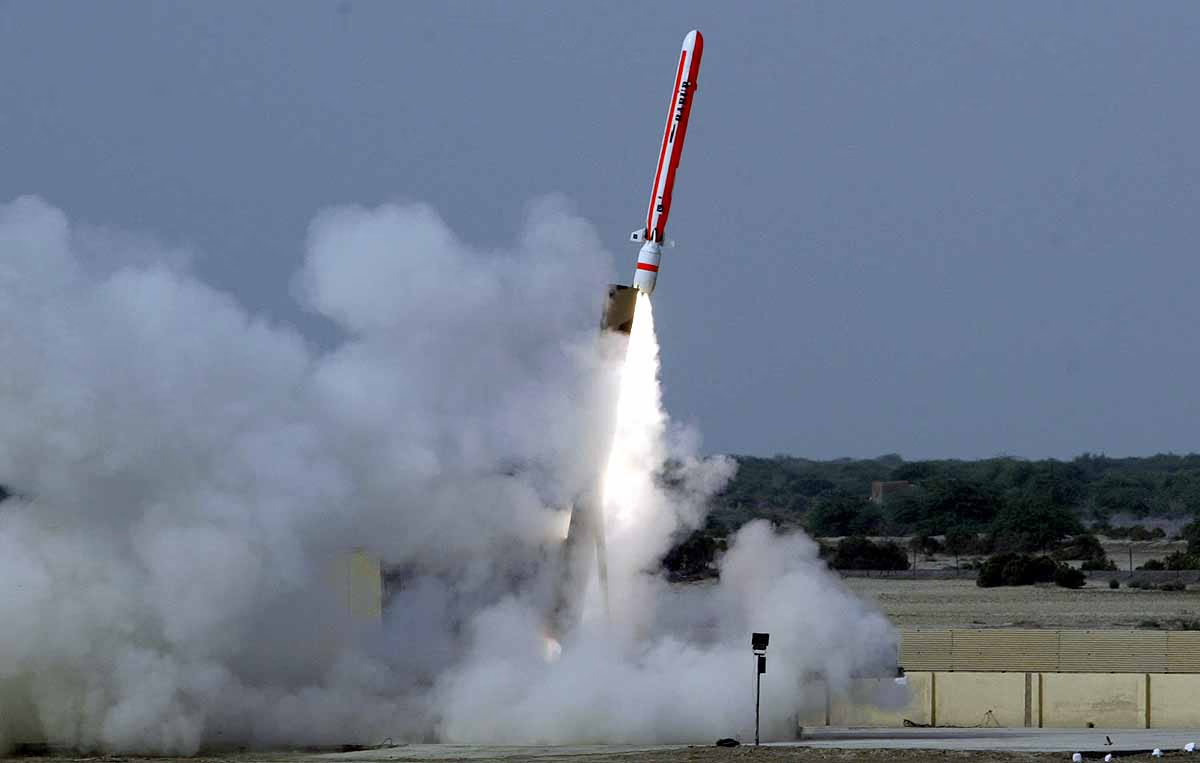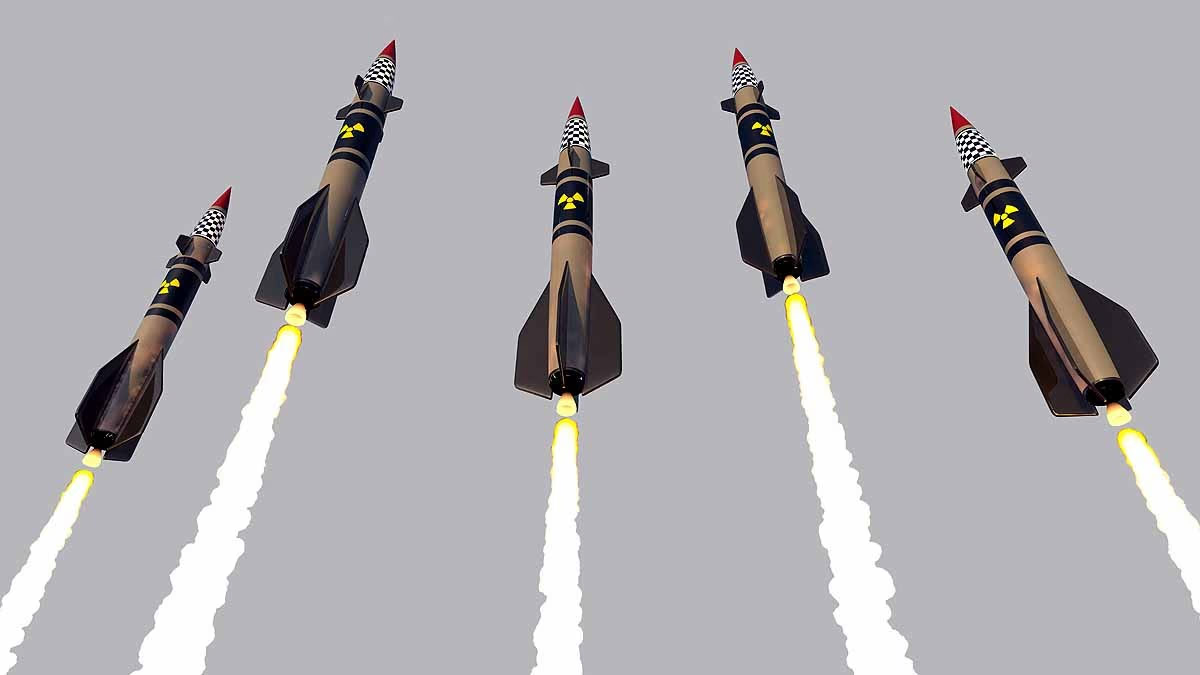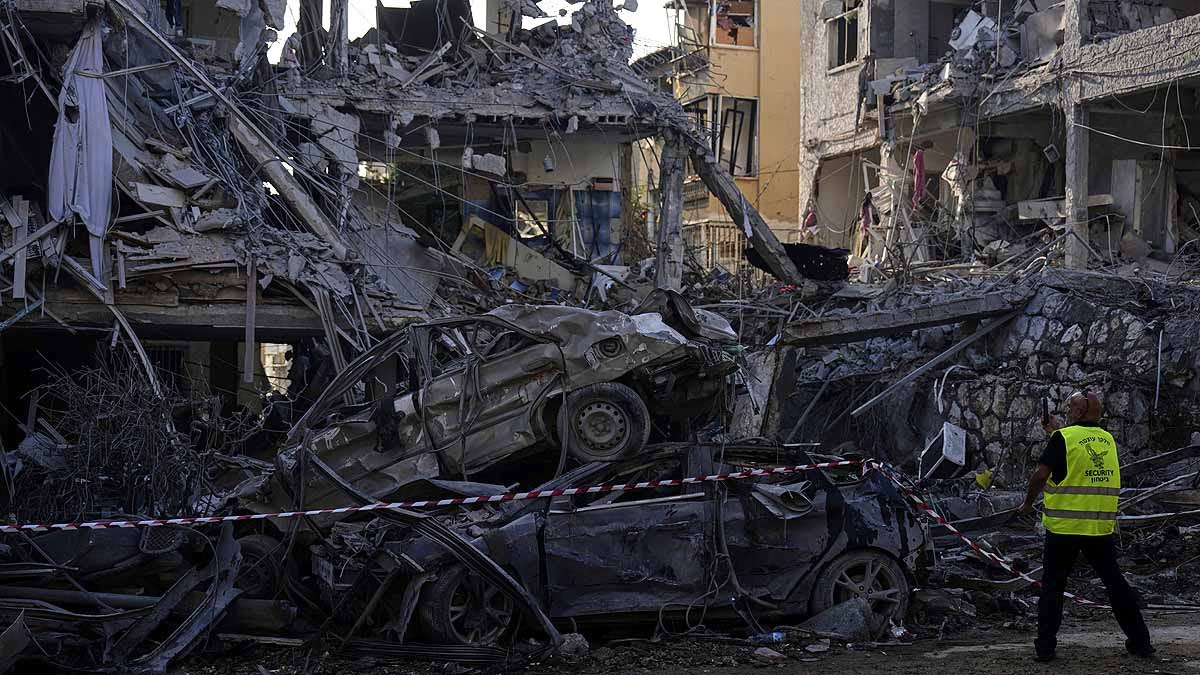On June 16, 2025, a senior Iranian military official claimed that if Israel used a nuclear bomb on Iran, Pakistan would retaliate with a nuclear attack on Israel. This statement came amid rising tensions between Iran and Israel, who have been exchanging missile and drone attacks on each other. However, Pakistan categorically dismissed this claim, stating no such commitment has been made.
What is Iran Claiming?
Senior Commander of Iran's Revolutionary Guards (IRGC) and National Security Council member, General Mohsen Rezaei, appeared on Iranian state television, asserting that Pakistan informed them that they would attack Israel with a nuclear bomb if Israel used one against Iran.
This declaration occurred after Israel, on June 13, 2025, executed large-scale strikes under "Operation Rising Lion" on Iran's nuclear, military, and oil-gas sites. These attacks resulted in four senior Iranian military commanders, six nuclear scientists, and 78 civilian casualties.
In response, Iran launched over 100 ballistic missiles and drones at Israel, heightening tensions. This claim adds complexity to the Middle East conflict as it seeks to involve a nuclear-armed nation like Pakistan.
Pakistan's Response
Pakistan's Defense Minister Khawaja Asif completely rejected Iran's claim. He stated Islamabad has not discussed any nuclear attack against Israel and clarified that Pakistan holds no such intentions. While Pakistan has expressed solidarity with Iran and condemned Israel's actions, it firmly denied any nuclear warfare intentions.
On June 14, 2025, Khawaja Asif addressed the Pakistani Parliament, stating that Israel attacked Iran, Yemen, and Palestine. He urged that if Muslim nations do not unite now, they might face similar consequences. He called upon the Organization of Islamic Cooperation (OIC) to convene and Muslim countries maintaining diplomatic ties with Israel to sever those relationships. Asif reassured that Pakistan stands with Iran during this challenging time, emphasizing the brotherhood among them.
Pakistan described Israel's attacks as "unjust" and a "violation of the UN Charter," asserting Iran's right to self-defense. However, it firmly negated any nuclear delusion.

Source: aajtak
Nuclear Policies of Israel and Iran
Israel:
Israel maintains ambiguity about its nuclear policy, neither confirming nor denying possessing nuclear weapons. Experts estimate that Israel may have 80-200 nuclear weapons. Its policy centers on deterrence and retaliation to prevent enemies from acquiring nuclear arms.
Iran:
Iran asserts its nuclear program is peaceful, intended for power generation and medical research. As a signatory to the Nuclear Non-Proliferation Treaty (NPT), it claims no interest in building nuclear weapons. However, Western countries and the International Atomic Energy Agency (IAEA) harbor suspicions over Iran's uranium enrichment, ballistic missile development, and lack of transparency. The IAEA recently reported Iran violated its nuclear commitments.
Pakistan's Position
Pakistan, a nuclear-armed state, supposedly possesses around 170 nuclear weapons, following a "first-use" policy, implying readiness to deploy nuclear arms in a perceived threat. This policy arose due to tensions with India, yet Pakistan never threatened Israel with a nuclear attack.
The Pakistan-Iran relationship is complex, marked by cooperative efforts against terrorism alongside recent tensions. In January 2024, Iran targeted bases of the Jaish al-Adl group in Pakistan’s Balochistan, prompting Pakistan to respond with attacks in Iran, straining trust between the nations.
Iran's claim that Pakistan would attack Israel to support Iran likely aims to garner regional support while pressuring Israel. Nevertheless, Pakistan's outright rejection clarifies its desire to remain uninvolved in this conflict.

Source: aajtak
Regional and Global Reactions
United States:
U.S. President Donald Trump expressed a desire to negotiate a nuclear deal with Iran to reduce tensions but lauded Israel's strikes as "spectacular," warning that harsher actions would follow Iran's retaliation.
United Nations:
UN Secretary-General António Guterres urged both nations to exercise restraint. IAEA Director General Rafael Grossi remarked that attacks on nuclear facilities pose grave dangers and could jeopardize regional stability.
Other Countries:
Gulf nations like Saudi Arabia and the UAE maintain neutrality, whereas Yemen's Houthi rebels and Palestinian group Hamas condemned Israel and supported Iran.
Impact on India
India voiced concerns over the conflict, urging both sides to exercise restraint. The Ministry of External Affairs remarked on India's apprehensions toward escalating tensions between Iran and Israel, closely monitoring the reports of attacks on nuclear facilities. India advised its citizens in Iran and Israel to remain vigilant.




